News
All the latest news for the diagnostic imaging and radiotherapy workforce.
Filters
3250 news articles
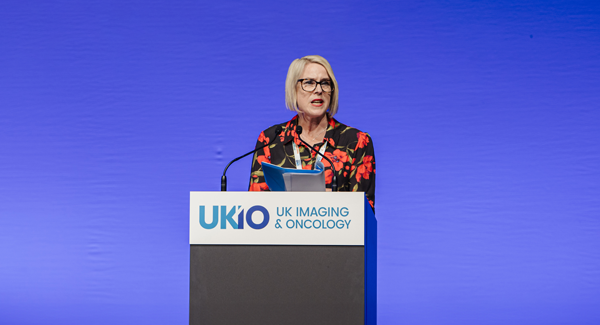.png?width=600&height=325&ext=.png&width=610&resizemode=force) Featured SoR | CoR
Featured SoR | CoRSynergy September '25 edition live now
September Synergy features an introduction to the SoR’s new head of education and research, Dr Emma Hyde
- News
- 1 day ago
- Sep 11, 2025
 Featured Careers
Featured CareersElevate your recruitment: unlocking radiography talent with the Society of Radiographers jobs board
Employers can benefit from a 30 per cent discount this month
- News
- 9 days ago
- Sep 03, 2025
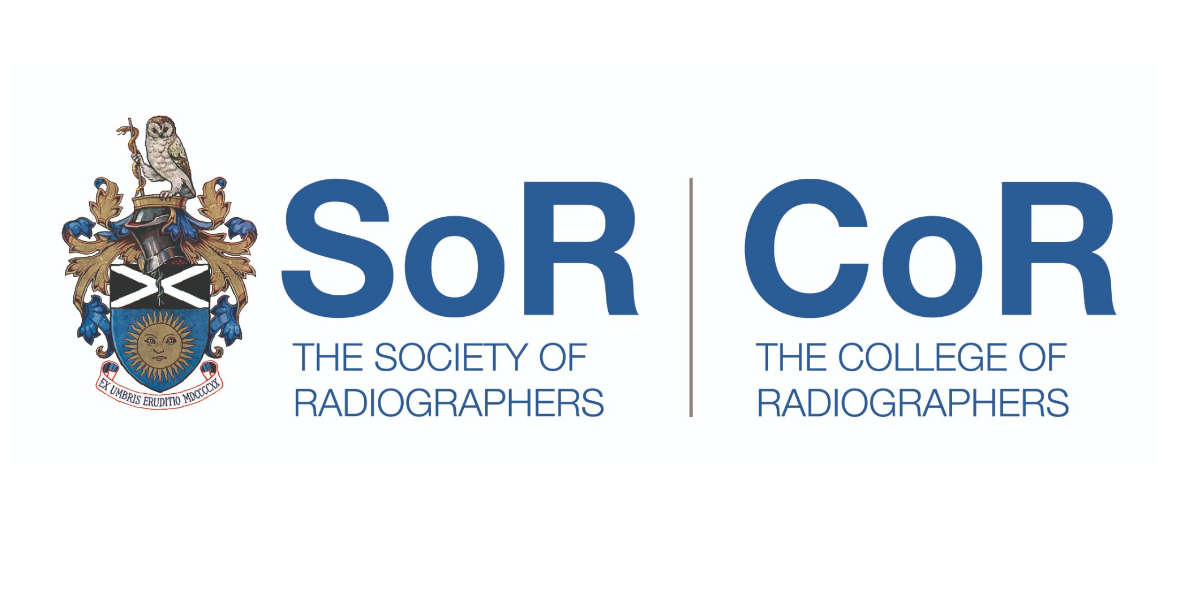 SoR | CoR
SoR | CoRPublic statement: belonging, respect and support for all
The SoR has released a statement on recent national debates
- News
- Today
- Sep 12, 2025
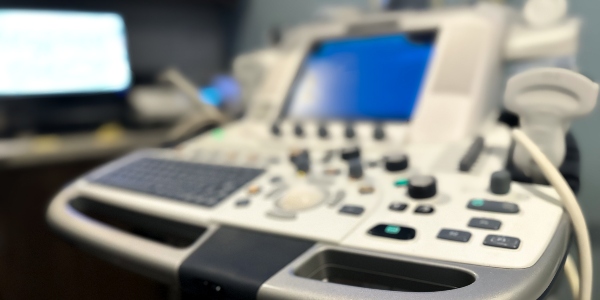 CPD
CPDCPD Short: attention interventional head and neck sonographers! Have you considered….?
Claire Lindsay, lead sonographer at the National Ultrasound Training Programme looks at observations during interventional procedures
- News
- Today
- Sep 12, 2025
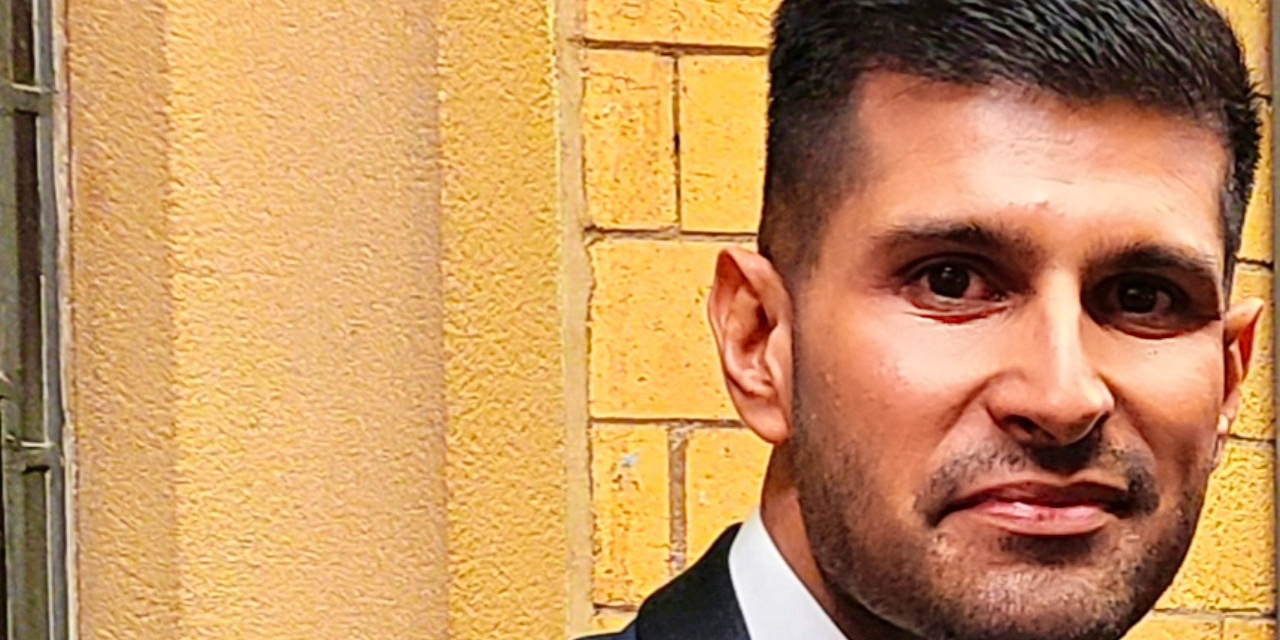 People
PeopleTherapeutic Radiographer nominated for Asian Achievers Award
Maulik Darji, a consultant Therapeutic Radiographer, has been shortlisted for the prestigious ‘Professional of the Year’ Award
- News
- Today
- Sep 12, 2025
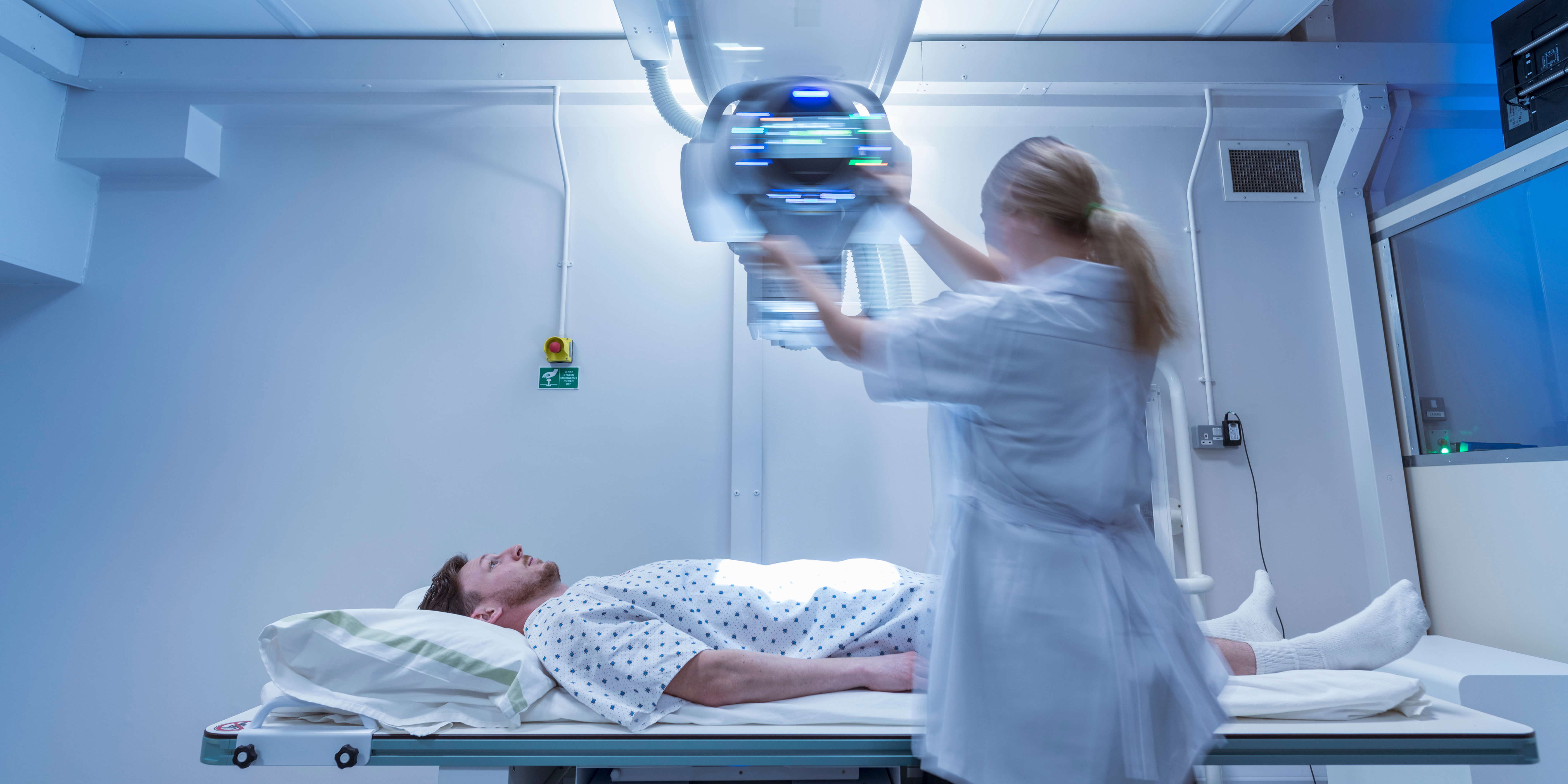 Radiation protection
Radiation protectionSoR responds to student concerns about radiation safety
In a recent SoR survey, some students said they had not been given a personal dose monitor by their university
- News
- 2 days ago
- Sep 10, 2025